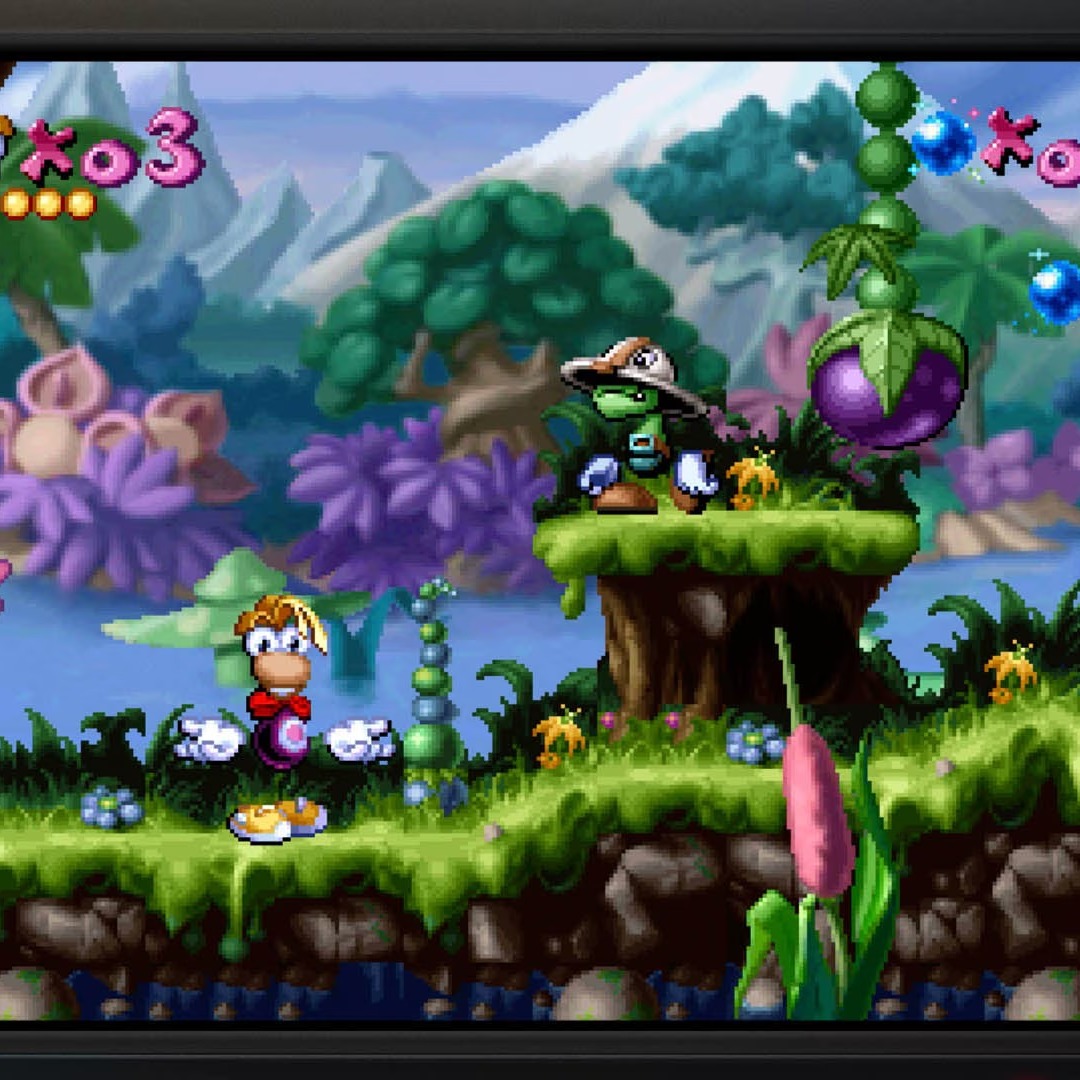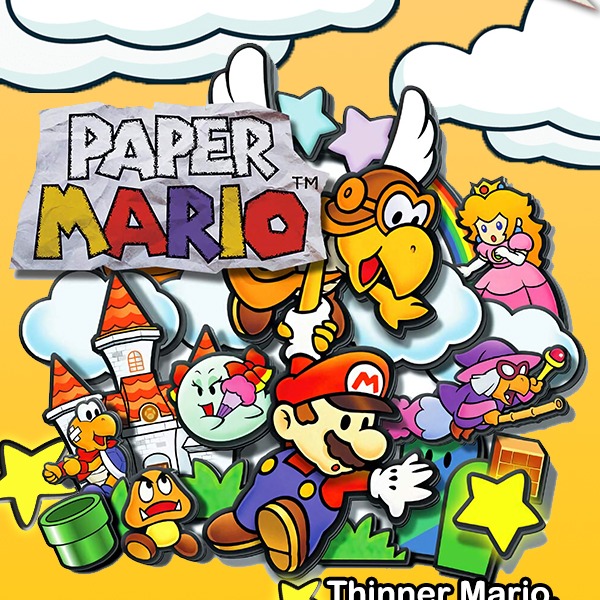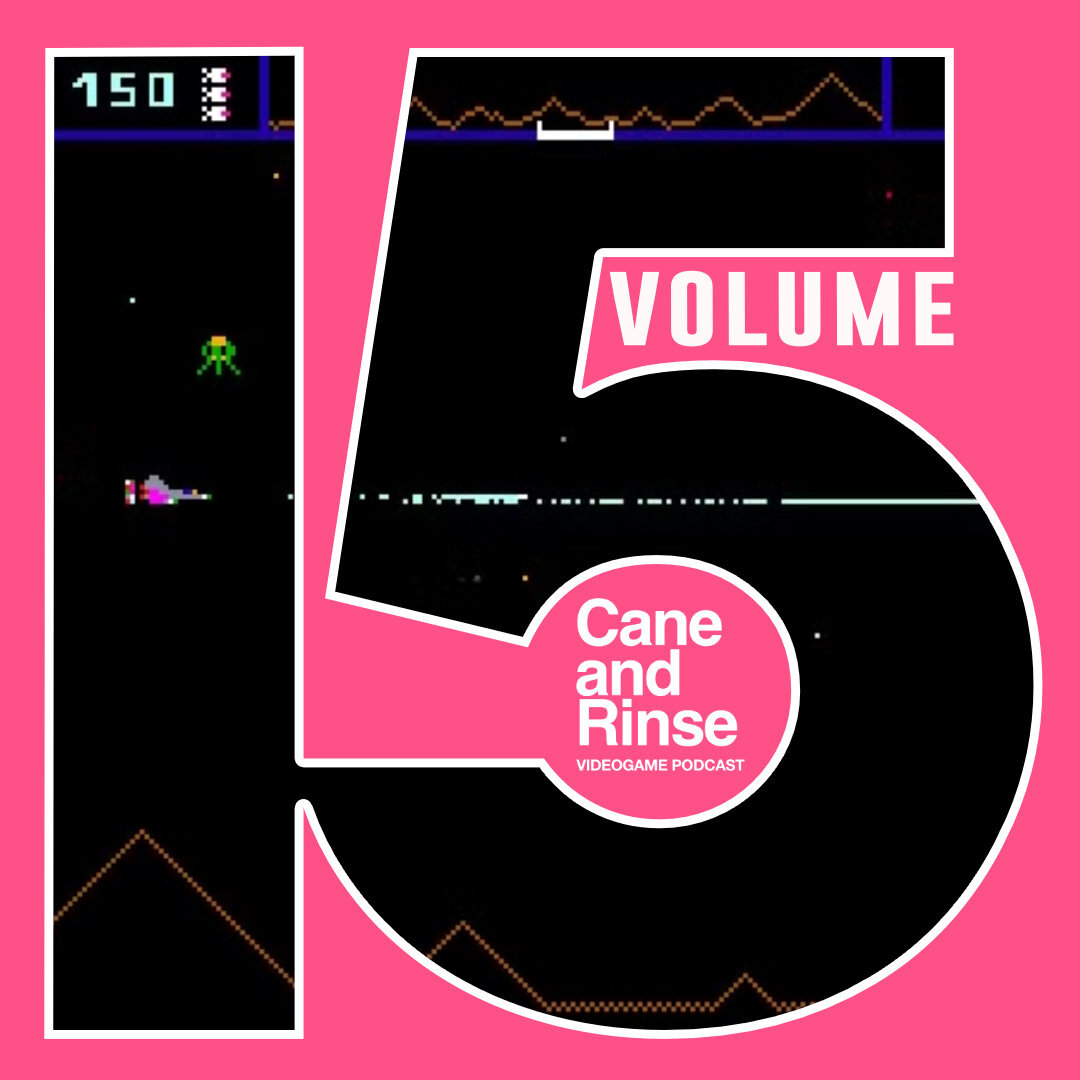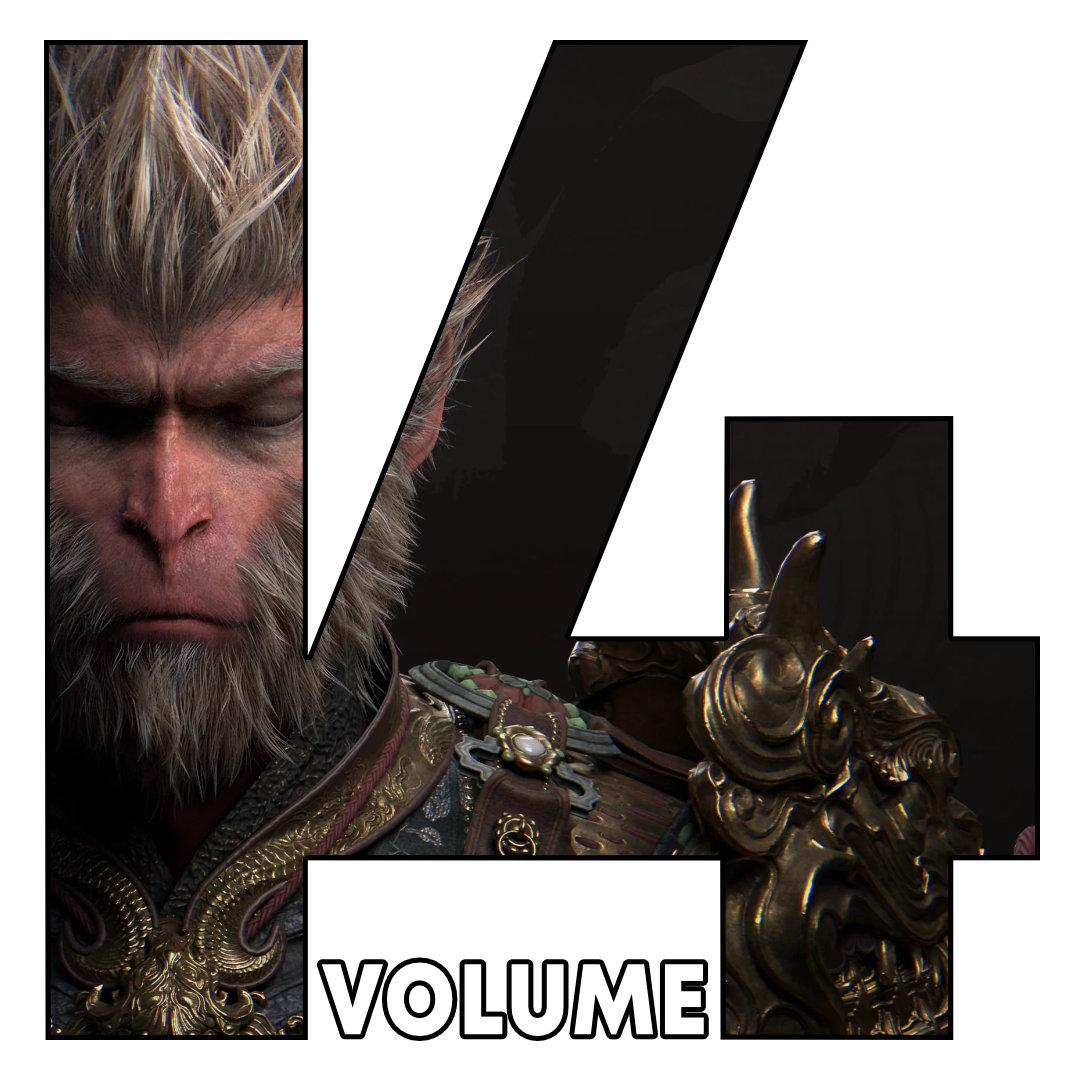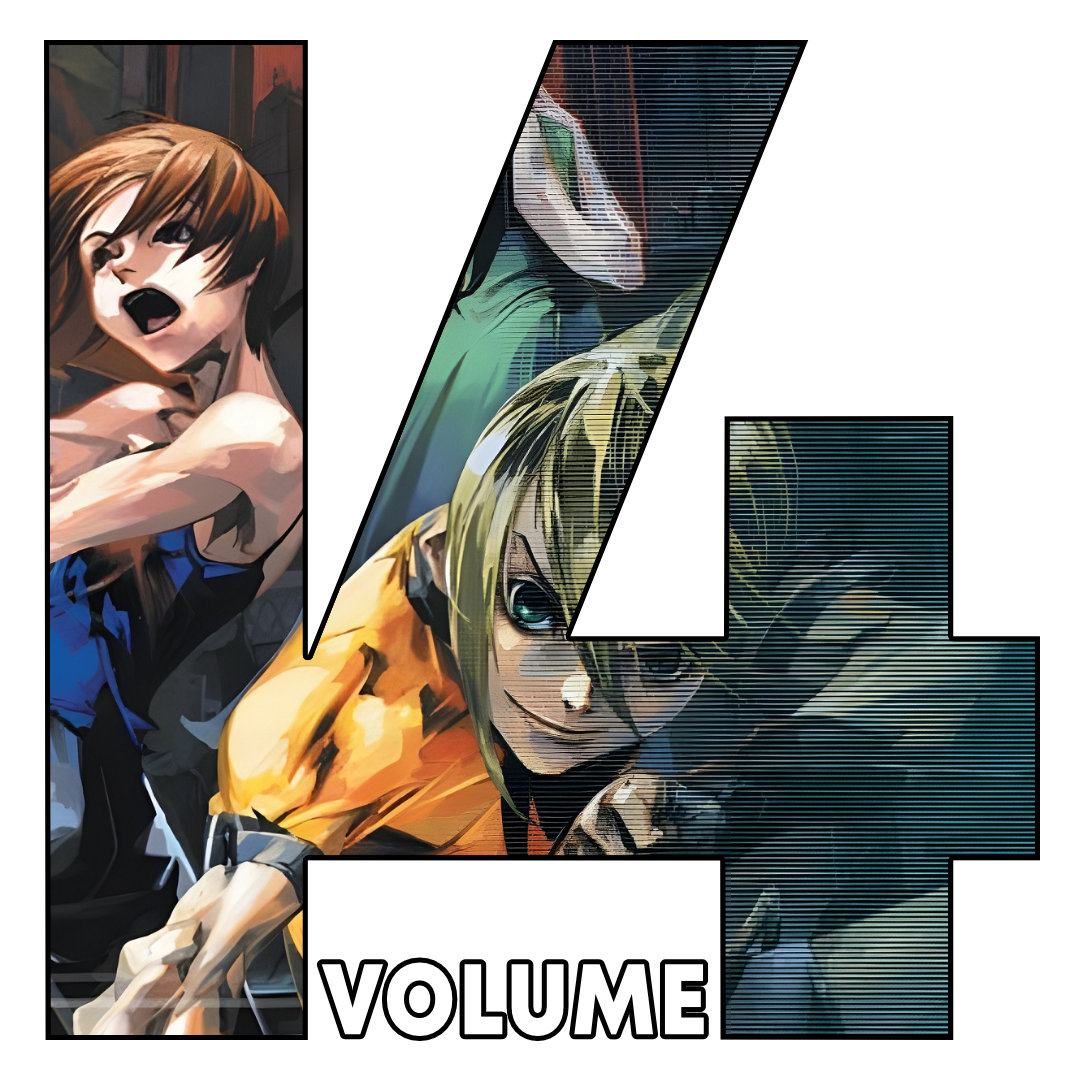Following on from the Cane and Rinse podcast issues 101 and 105, Brian Tarran reviews the latest addition to the Arkham franchise, Batman: Arkham Origins. But is it a worthy addition or a crafty cash-in?
When is a great game not a great game? The answer, in the case of Batman: Arkham Origins, is when said game follows on from another critically-acclaimed title in the series, but fails to iterate enough on the formula laid down by its predecessor.
At least, that was the verdict of large swathes of the gaming press, which hailed Arkham Origins as a decent Batman game, if not the best there has been.
They are right in one respect: it’s not the pinnacle of Caped Crusader-shaped entertainment. That honour belongs to Batman: Arkham Asylum, a powerhouse of a game that married a serviceable narrative to a taut, streamlined gameplay experience set within an intricately designed play area.
It was a stunning debut by Rocksteady Games; it’s brilliance impossible to replicate the second time around, with Arkham City, where the developer swapped ‘streamlined’ for ‘scope’ and in the process diluted some of what made Asylum such a memorable experience.
Issues 101 and 105 of the Cane and Rinse podcast delve into Asylum and City in much greater depth than space will allow for here, but suffice to say, I agree with most of the rest of the Cane and Rinse crew – against Asylum, City is a disappointment. Despite creating a bigger world for the player to explore, it lost the sense of exploration and discovery that was so masterfully embedded in the Asylum play space.
Origins copies the City template almost to the letter, and so retains many of the things that made City a marginally worse game than its predecessor. Yet, curiously, I enjoyed Warner Montreal’s take more than Rocksteady’s second go round.
Frankly, I’m surprised by this. It was clear from the outset that Origins was a cash-in exercise, a stop-gap to keep the money rolling in while Batman’s A-Team crafted their next proper release. And it scored lower too: City’s Metacritic ranking is 96 on PS3 versus Origins’ still respectable 76.
But perhaps expectations had been suitably lowered to the point where I wasn’t expecting much of anything from Origins. In contrast, I’m convinced perceptions of City suffered from the fact that it reviewed better than Asylum. If you’re going in expecting a sequel to be superior to the original, and it isn’t, you’re going to be disappointed.
So I approached Origins with reservations, but these were swiftly dashed. Much of the review coverage of Origins gave credit to Warner Montreal for doing a decent job with the franchise despite the limited development window of just one year. I can’t help but agree, while adding that, if anything, Origins has benefited from the necessity for design focus that such a brief development period required.
Let’s face it, City was bloated. It was sprawling. It chucked everything it could at the player to see what would stick. As the Cane and Rinse podcasts noted, it seems churlish to criticise Rocksteady for piling on the content, but Warner Montreal didn’t have that luxury – and I think it helps the game.
The narrative is straightforward: gang leader Black Mask hires the worlds best assassins to take down Bats, who is – as the title would suggest – a relatively new kid on the Gotham block, stirring up trouble in the underworld.

But as well as Black Mask, Batman also has the Joker on his tail, and Lieutenant Jim Gordon – not yet a trusted ally. It’s an intriguing setup, although the promise isn’t quite fulfilled. The developers touted a different Batman – a relative novice, and a rash decision maker. There’s some of that in there: on several occasions Batman finds himself needing to be extracted from dangerous situations he probably shouldn’t have rushed into.
But his character development arc is fairly weak: the moment when he realises that he can’t save Gotham by himself is conveyed in a manner reminiscent of the moralising Saturday morning kids shows we all had to suffer through.
Where Origins shines, though, is in the structure of the game. Like City, we have a central narrative and side missions. Yet in Origins, the side missions are tied more tightly to the overarching narrative, making them feel less like forgettable diversions. Riddler trophies – of a sort – make a return, though not in the overwhelming numbers in which they were found in City.
There are also crime scenes to discover, and cases to solve, using a souped up version of Detective Vision which allows players to scroll back and forth through a wire-frame reconstruction of the crime.
But, of course, the meat of the game remains that unique mix of cinematic hand-to-hand combat and ‘predator’ gameplay – in which the Dark Knight uses the shadows to his advantage to whittle down rooms full of armed thugs.
Predator mode remains solid; tactics honed in the earlier games can be carried over with ease, making the player feel more masterful than perhaps they should when they are meant to be controlling a novice Batman. Critics have, however, been less kind to Warner Montreal’s implementation of Rocksteady’s fighting system, with many calling it looser, less refined.
It didn’t feel that way during my play-through. It’s harder than before, certainly, but the game chucks more enemies – and more enemy diversity. – at you earlier than Asylum or City did. Enemy routines have also been tweaked to allow up to three characters to be attacking Batman at once. The counter ability has been upgraded to handle this, but taken together, the changes seem to place more emphasis on countering during combat than before. In terms of visual impact, this is a smart move: the counter animations are as stunning as they have ever been. But, in gameplay terms, with more enemies throwing more punches at once, I often felt like I was on the back foot – reacting to, rather than controlling, the flow of combat.
Still, all told, once the game wrapped – after 20 or so hours of playtime and only 40% completion (there’s a veritable truckload of challenge maps to get through) – I was happy to jump back into the fray. Origins might not be the best of the Arkham bunch, but it’s still a great game. Whatever the critics say.




